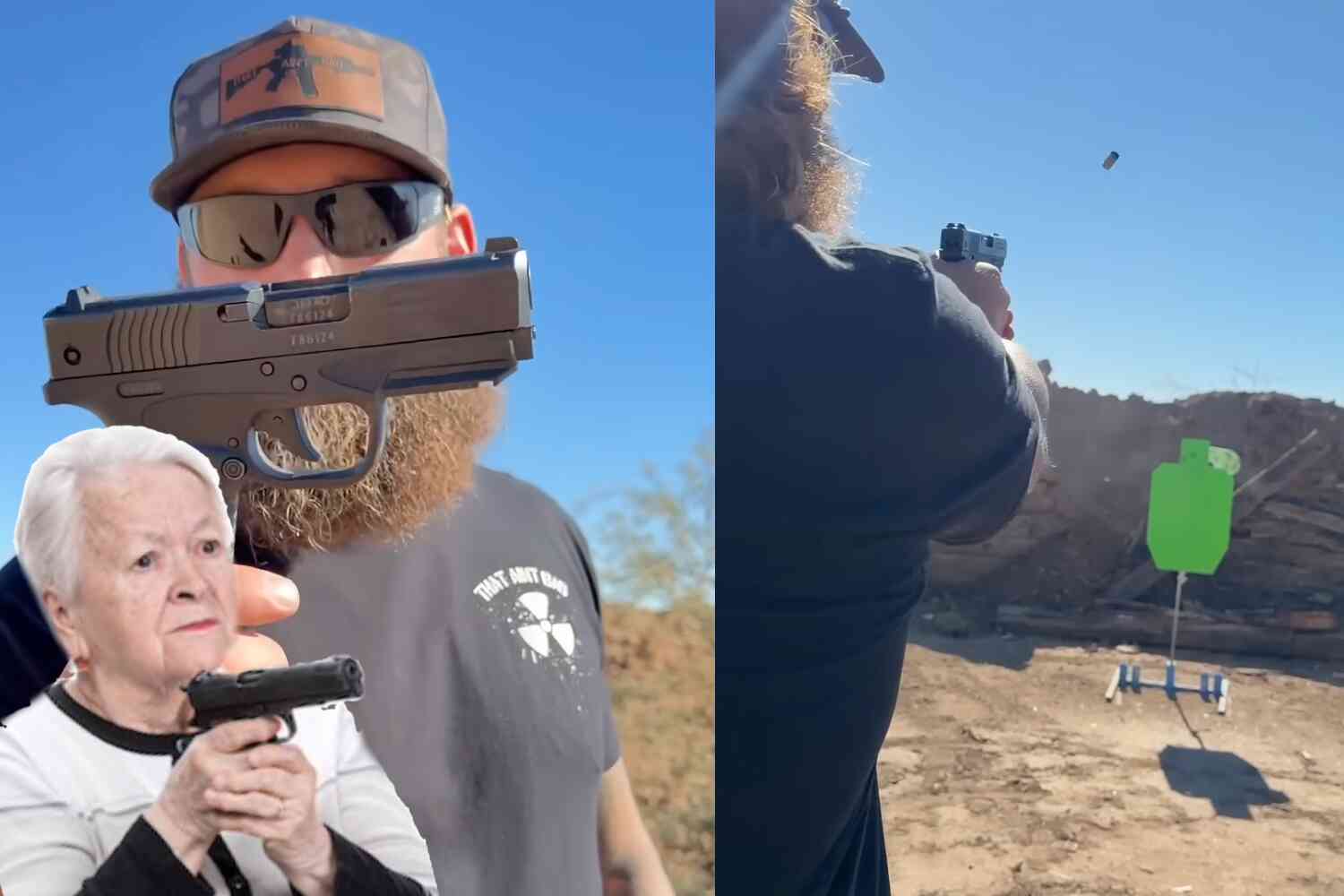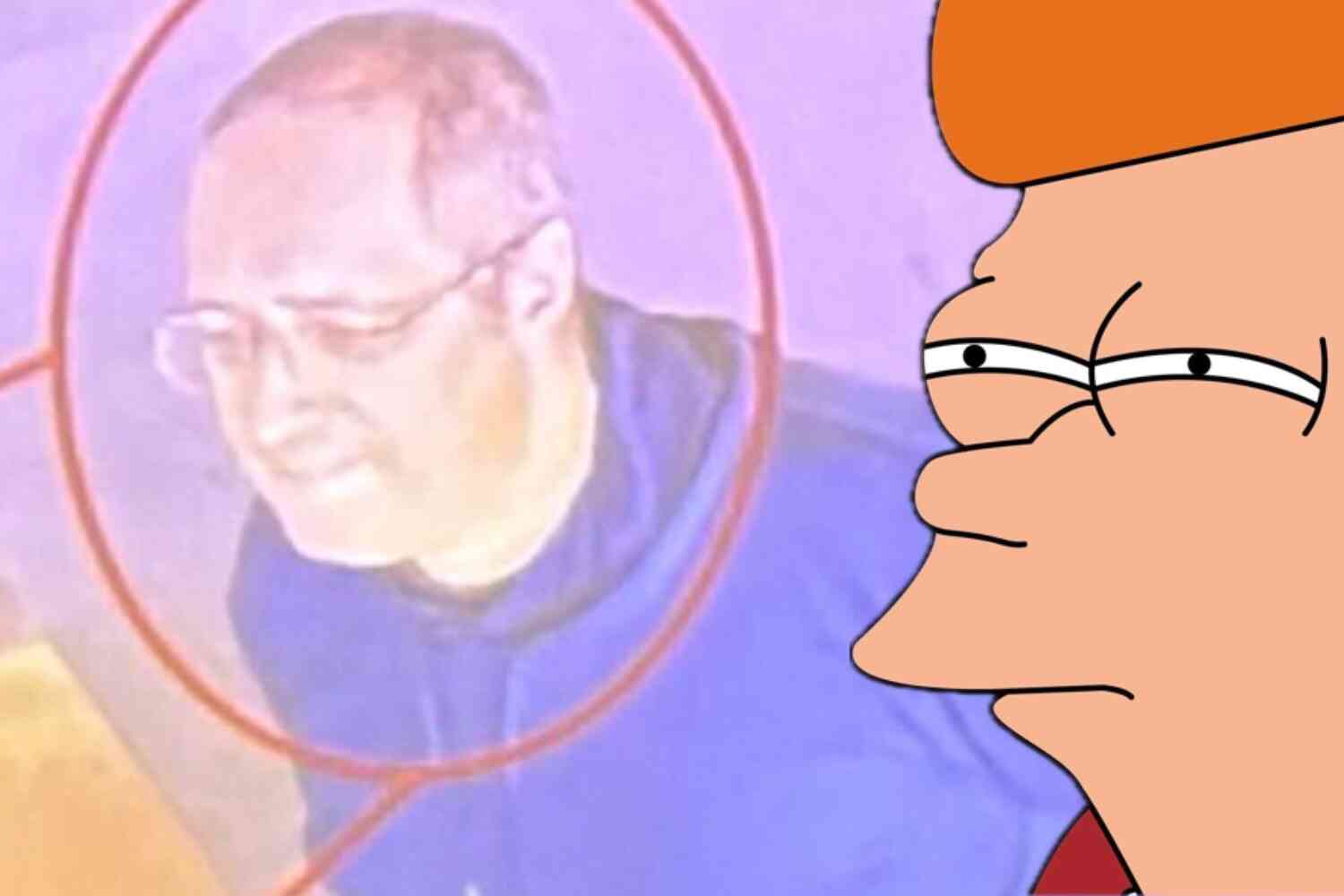We know that the Nazis comprehensively lost World War II. But it's always fascinating to find out about the smaller, less-obvious ways that they lost. Such as this:
The pocket watch was crafted in 1910 by Alfred Overstrijd, a Jewish man from the Dutch city of Rotterdam who was then learning to be a watchmaker. He made it as a gift for his brother, Louis, for his 18th birthday. An inscription on the back of the watch includes Mr. Overstrijd's name and the place and time it was made as well as the fact that it was intended for his brother.
In 1942, Louis Overstrijd was arrested by the Nazis, at which point it's likely that a soldier took the watch from him, or from his house, according to Rob Snijders, a Dutch historian who specializes in Jewish history. Both Overstrijd brothers were ultimately sent to the Nazi concentration camp at Auschwitz and did not survive the Holocaust.
In contrast to the tragic end of its maker and its intended recipient, the watch continued on; the Nazi thief who stole it apparently brought it with him dozens of miles outside of Rotterdam to a farm in Flanders, where a quietly heroic farmowner made a quietly momentous decision to...make the Nazis pee outside:
During the war, people across Belgium and the Netherlands were forced to accommodate Nazi soldiers. A Belgian farmer named Gustave Janssens housed three soldiers and, unhappy about the situation, made them use a cornfield next door as a bathroom. It's likely that the watch fell from the pocket of one of the soldiers in the field, Mr. Snijders said.
Plainly something this dunderheaded fascist didn't realize: One of the occupational hazards of men being able to go outside whenever they want is that sometimes you lose what's in your pocket when you're doing it.

When Mr. Janssens found the watch, he must have noticed the Dutch name on the back and figured that the soldier had stolen it, Mr. Snijders explained. Instead of giving it back, the farmer hid it inside a clock in his house.
Which is where it stayed for the next 80 years.
Until it emerged "in pristine condition" and the watchmaker's grandchildren were tracked down in Rotterdam:
Mr. Janssens, the grandson of the Belgian farmer, said his family had known about the watch but had largely forgotten about it, and that he was happy that it had been returned to its rightful owners, as his grandfather would have wanted. "It's a story that must not be lost," he said.
And that's how, three-quarters of a century later, the Nazis keep on losing.

P.S. Now check out our latest video 👇









